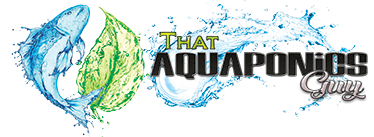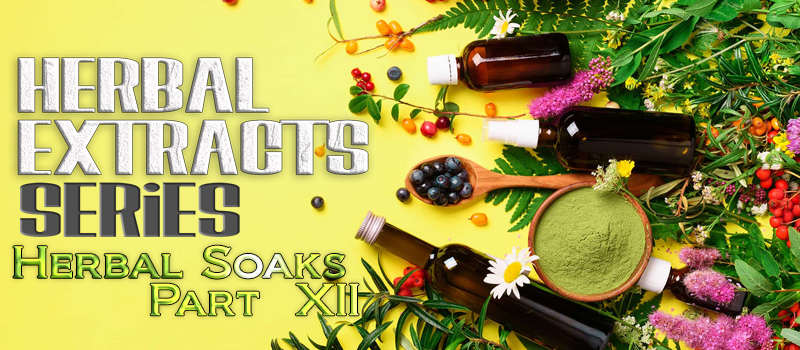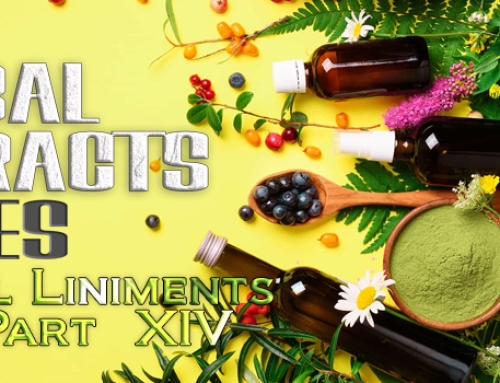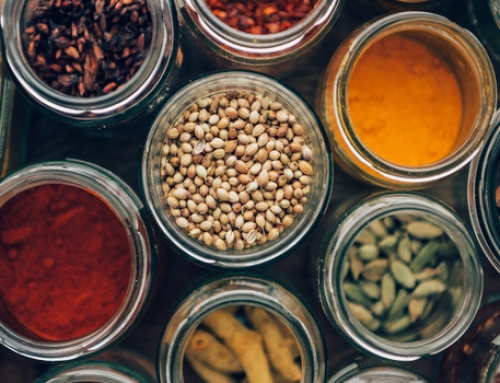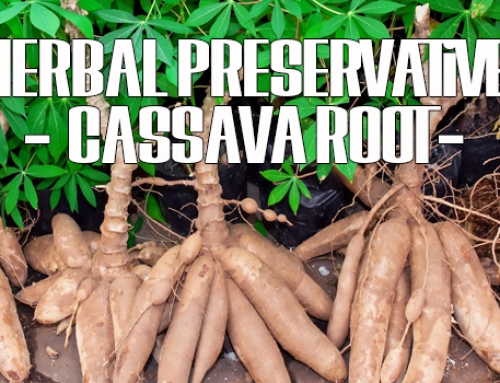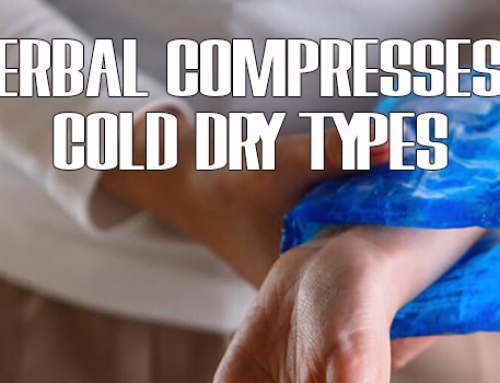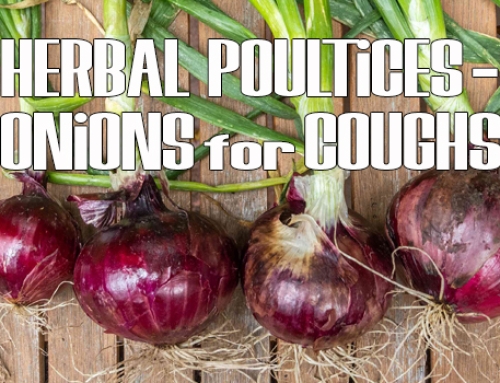What on earth are herbal extracts?
There are certain health promoting compounds that can be found in the plants around us, whether they be wild or cultivated. Herbal extraction is the process of drawing out the therapeutic components of a chosen herb or plant. In many cases, the beneficial compounds we want are tucked away within fibrous material of the plant that is challenging for our digestive systems to fully break down. You can use herbal extracts to help solve this problem by increasing bio-availability.
When building your herbal apothecary, many fail to consider adding herbal concoctions like floral aromas, infused oils, bath salts, or luxurious lotions –but a bit of pampering is an integral part of healing. You are not always just healing the physical, emotional and mental states also factor into the process. Just as tinctures and teas can promote healthy digestion and relaxation, herbal self-care rituals encourage whole body wellness and nourish the spirit.
For herbal soaks, it isn’t just the pampering that is involved in this. Herbs and oils have long been combined with bath therapy to relax the mind, soothe sore muscles, and promote the healing of skin conditions. You don’t have to accept what is being sold on the shelves of your local Walmart when it comes to this type of healing.
Herbal Soaks – Part XII
Soaking in an aromatic herbal bath is medicine for the mind, body, and soul. Herbal soaks are basically tea baths, which can have a variety of benefits for skin and overall wellness. For example, this postpartum sitz bath contains herb such as calendula, plantain, yarrow, lavender, and chamomile, which support healing after a mama gives birth.
Water is a common solvent for herbal extraction. Some of the advantages of using water as a solvent include:
- Readily accessible
- Low cost compared with other solvents
- Extracts herbal constituents well
- Nontoxic and hypoallergenic
Known as a universal solvent, water is used in the extraction of a wide range of constituents, such as minerals and water-soluble vitamins (C and the B-complex vitamins such as vitamins B6, B12, niacin, riboflavin, and folate).
We’ve crafted four herbal bath recipes that are simple and soothing:
- Getting Better Mustard Soak – Another way to assist you gaining your optimal health
- Rocking the Detox Soak – Taking care of the additional toxins in the body
- Mind Detox Soak – Not just for the body, but for the meditation too
- Dry Skin Remedy Soak – Getting moisturized all at once
In this series you will be able to see and gain recipes for your home apothecary remedies that will become the mainstay in your household. Here’s what you can see and learn more of:
- Teas – Infusions and Decoctions
- Tinctures
- Glycerite
- Herbal Syrups
- Herbal Oils & Salves
- Herbal Vinegars
- Herbal Honeys
- Oxymels
- Distillations
- Elixirs
- Electuaries
- Herbal Soaks
- Compresses & Poultices
- Liniments
Come and join us in bringing back the knowledge known by our ancestors and practiced for the health and benefit of those that came before us!
